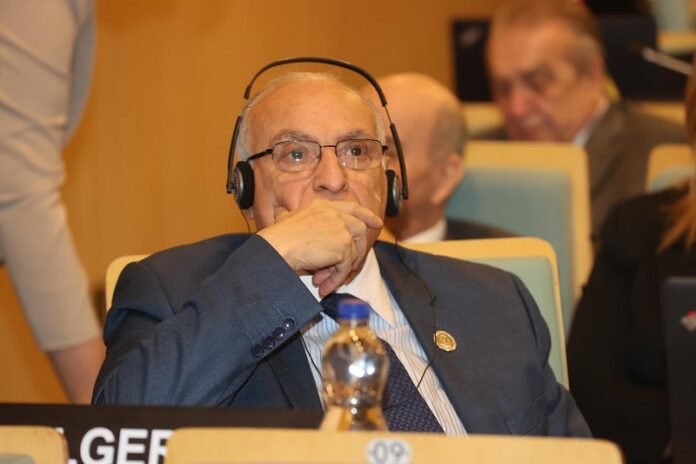On Sunday, Algeria expressed its “regret” over the joint declaration between Morocco and the United Kingdom, in which London officially endorsed Morocco’s autonomy plan as the “most credible, serious, and realistic” solution to the Sahara dispute.
This diplomatic milestone was welcomed by Moroccan Foreign Minister Nasser Bourita, following the fifth session of the Morocco–UK Strategic Dialogue held in Rabat.
Just hours after the announcement, Algeria’s Foreign Ministry issued a hurried and contradictory statement. On the one hand, it voiced regret over the British position, while on the other, it downplayed its significance by insisting that the UK had “not addressed the so-called Moroccan sovereignty over Western Sahara.”
This contradictory tone reveals Algeria’s growing discomfort as international momentum builds around the Moroccan autonomy initiative — isolating the separatist narrative long championed by Algiers.
The Algerian claim that the autonomy plan has been dismissed by UN envoys as “empty and lacking substance” is not substantiated and stands in contrast to the global trend recognizing the plan as a serious basis for negotiation.
Britain’s strategic realignment — following similar moves by the United States, Spain, and other influential powers — signals a broader geopolitical shift that Algeria appears unwilling, or unable, to acknowledge. Its reliance on outdated rhetoric about “self-determination” now seems more like a rhetorical retreat than a viable diplomatic position.


